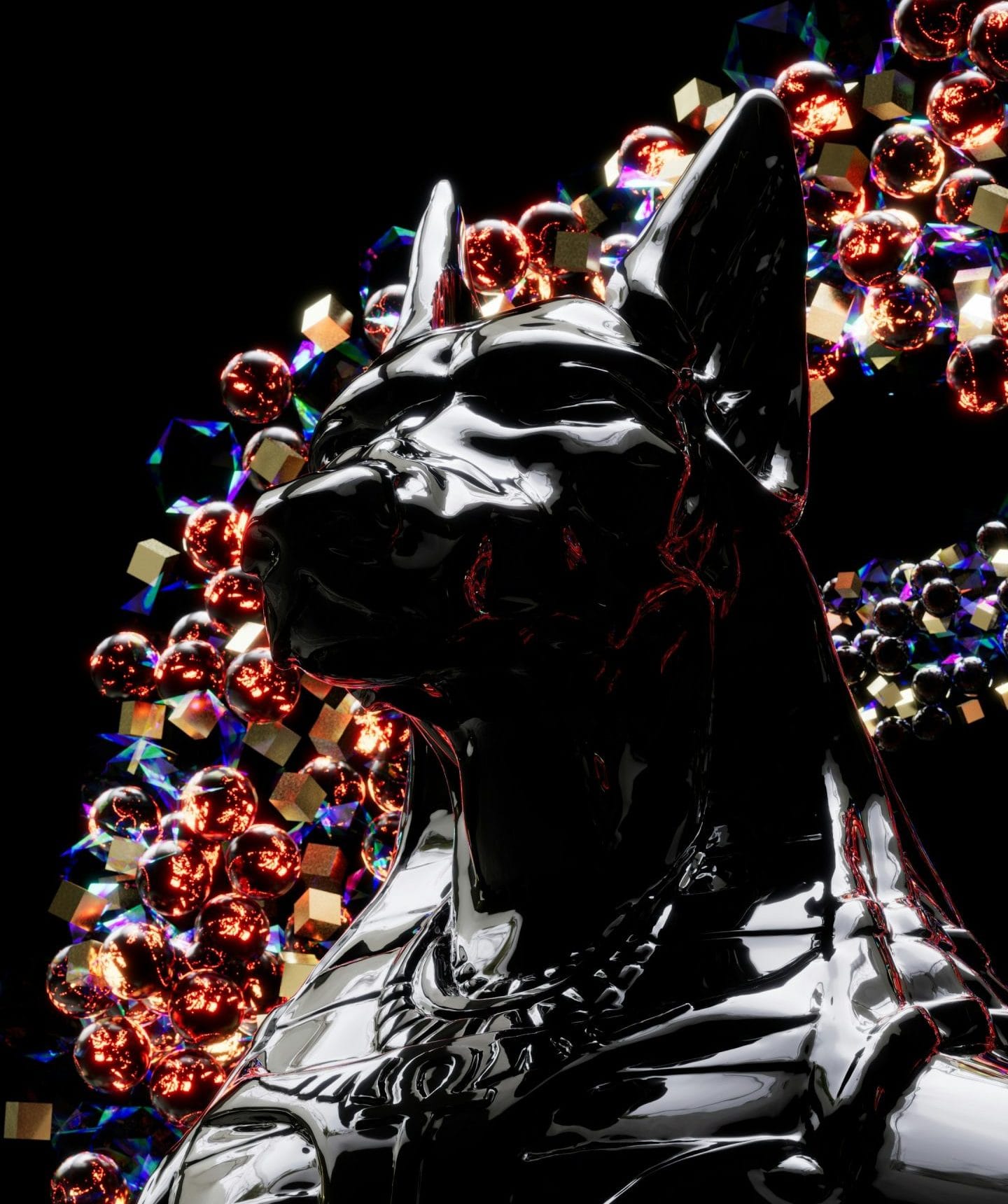Watching films like A Beautiful Day in the Neighborhood, The Last Dance (2024), and The Yuzuki Family’s Four Sons made me realize something we often don’t talk about enough — death.
In many Asian cultures, death is a taboo subject. We tiptoe around it, avoid bringing it up, and try not to disturb the peace. As someone who grew up in that environment, I totally get it. There’s a quiet discomfort when the topic arises, like walking on eggshells in a room full of unspoken fears.
But facing death — whether through personal experience or witnessing someone close lose a loved one — taught me what it really means to be there for someone. Sometimes, the most important thing is simply to show up. To sit with them in the heaviness, without trying to fix it. Just being present matters more than having the right words.
But perhaps even more important is this: we need to give ourselves permission to grieve. Actively. Grief isn’t something to push aside or quietly endure — it’s something we have to move through. Everyone grieves differently, and there’s no one “right” way to do it.
What I’ve really come to learn is how important it is to talk about death. To name it. To ask the hard questions. To say the things we’re afraid to say. Because in talking about death, we make space for grief, for love, for memory — and for healing. We don’t need to have the right words; we just need to be willing to show up, honestly and vulnerably.
One of the most powerful lessons I’ve learned is this: funerals aren’t for the dead — they’re for the living. They’re rituals that help us make sense of the senseless, honour a life lived, and begin the process of letting go. In that way, they offer something deeply human — closure. A chance to say goodbye, to gather, to witness the weight of loss together. Without that, grief can feel unfinished, like a sentence left hanging.
Death is inevitable. But that’s exactly what makes life so beautiful — because we know it doesn’t last forever.
Movie Summary
Summary of the movies and why I think it’s interesting and you should watch it.
A Beautiful Day in the Neighborhood (2019)
This isn’t your typical biopic — and that’s what makes it so powerful. The filmmakers intentionally avoided making it a straightforward story about Fred Rogers, feeling that such a spotlight would’ve been too self-important for someone as humble as him. Instead, they told the story through the eyes of a cynical journalist sent to profile Mr. Rogers.
As the reporter struggles with resentment and the impending death of his estranged father, the film quietly becomes his story — a story of healing, reconciliation, and emotional honesty, inspired by the gentle wisdom of Mr. Rogers. It shows us that sometimes, the best way to talk about death is to first learn how to talk about pain, forgiveness, and love.
The Last Dance (2024)
The Last Dance is a Hong Kong film that surprised me with how many emotional and cultural layers it gracefully navigates. It follows Dominic, a former wedding planner struggling through the pandemic, who unexpectedly takes over his girlfriend’s uncle’s funeral parlour. What starts off as a desperate career pivot slowly turns into a profound journey of confronting death, tradition, and the messy, beautiful business of being alive.
Through his rocky relationship with Master Man — a stubborn Taoist priest bound by outdated beliefs — Dominic learns that funerals are not just rituals for the dead, but sacred acts for the living. It’s not just about sending someone off — it’s about helping those left behind find meaning, closure, and sometimes, healing.
But perhaps the film’s biggest message is this: knowing that death is certain doesn’t diminish life — it makes it matter more.
The Yuzuki Family’s Four Sons
This slice-of-life anime series centers on four brothers navigating daily life after the death of their parents. It’s warm, funny, and unexpectedly deep. What struck me most was how each brother coped with grief differently — some through responsibility, others through rebellion or silence.



